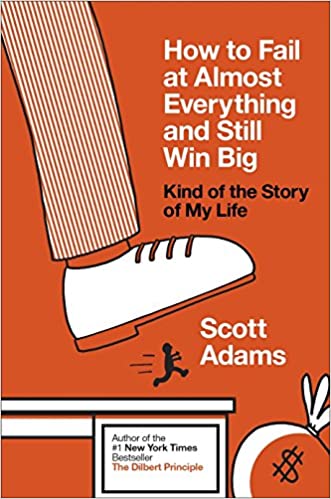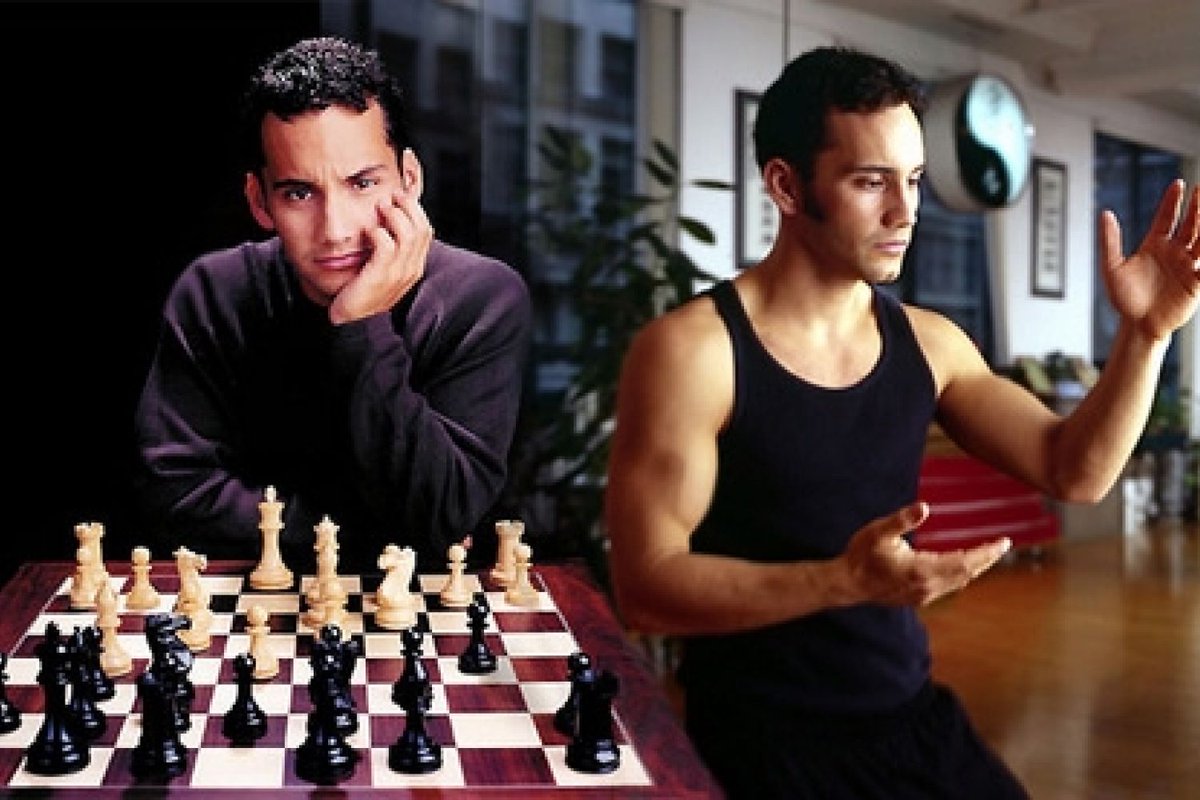
A THREAD on insightful timeless ideas by Max Planck, which gives a glimpse of the mind of this genius:
1/
An important scientific innovation rarely makes its way by gradually winning over and converting its opponents.
What does happen is that the opponents gradually die out.
1/
An important scientific innovation rarely makes its way by gradually winning over and converting its opponents.
What does happen is that the opponents gradually die out.

2/
Scientific discovery and scientific knowledge have been achieved only by those who have gone in pursuit of it without any practical purpose whatsoever in view.
Scientific discovery and scientific knowledge have been achieved only by those who have gone in pursuit of it without any practical purpose whatsoever in view.
3/
Experiment is the only means of knowledge at our disposal.
Everything else is poetry, imagination.
An experiment is a question which science poses to nature, and a measurement is a recording of nature's answer.
Experiment is the only means of knowledge at our disposal.
Everything else is poetry, imagination.
An experiment is a question which science poses to nature, and a measurement is a recording of nature's answer.
4/
When you change the way you look at things, the things you look at change.
When you change the way you look at things, the things you look at change.
5/
Insight must precede application.
Insight must precede application.
6/
I regard consciousness as fundamental.
I regard matter as derivative from consciousness.
We cannot get behind consciousness.
Everything that we talk about, everything that we regard as existing, postulates consciousness.
I regard consciousness as fundamental.
I regard matter as derivative from consciousness.
We cannot get behind consciousness.
Everything that we talk about, everything that we regard as existing, postulates consciousness.
7/
Science cannot solve the ultimate mystery of nature.
And that is because, in the last analysis, we ourselves are a part of the mystery that we are trying to solve.
Science cannot solve the ultimate mystery of nature.
And that is because, in the last analysis, we ourselves are a part of the mystery that we are trying to solve.
8/
This is one of man’s oldest riddles:
How can the independence of human volition be harmonized with the fact that we are integral parts of a universe which is subject to the rigid order of nature’s laws?
This is one of man’s oldest riddles:
How can the independence of human volition be harmonized with the fact that we are integral parts of a universe which is subject to the rigid order of nature’s laws?
9/
We have no right to assume that any physical laws exist, or if they have existed up until now, that they will continue to exist.
We have no right to assume that any physical laws exist, or if they have existed up until now, that they will continue to exist.
10/
It is not the possession of truth, but the success which attends the seeking after it, that enriches the seeker and brings happiness to him.
It is not the possession of truth, but the success which attends the seeking after it, that enriches the seeker and brings happiness to him.
• • •
Missing some Tweet in this thread? You can try to
force a refresh









